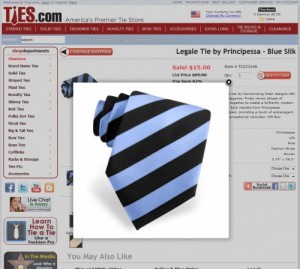In a marketplace the dominated by big box stores and chains, can smaller independently owned businesses really compete. Of course they can but the old strategies are not likely to work much longer.
Big-box stores have all the advantages of buying power, large advertising budgets and national recognition. In virtually every community they enter that drive at least a few local businesses under. It’s not a fight that you can afford to lose but like boxing with a larger opponent, a straight on front attack is seldom the best approach.
The advantages that smaller businesses have, and there are several, are really the opposite of the big-store advantages.
Small retailers can be product specialists, selling brands and products that would never work in multiple store locations with variable market demographics. Knowing your own neighborhood and local buying trends gives you a leg up when selecting products you know can be sold in your region.
It’s easy to become the local product expert using social media, blogging and your web site. Being the go-to-guy in your hometown wins new customers and maintains existing ones when they need knowledgeable advice pre-sale and post-sale.
Large retailers can take a long time bringing new products into their sales channel where small retailers can move more quickly. Seize the opportunity to introduce new products, test the market and either move forward or move on. Seeking out locally produced products is a great way to get the jump on what may be a winner.
E-commerce levels the playing field for small business and gives them the opportunity to exploit these ideas aggressively with little cost and downside risk.
Ties.com is a great example of a narrow product focus that sells, you guessed it ties. Not the kind of business that a small town could support but one that works very effectively on the web.



